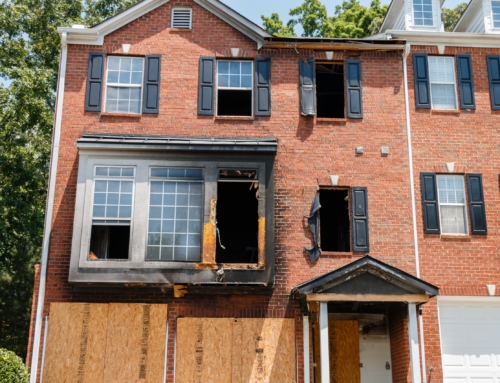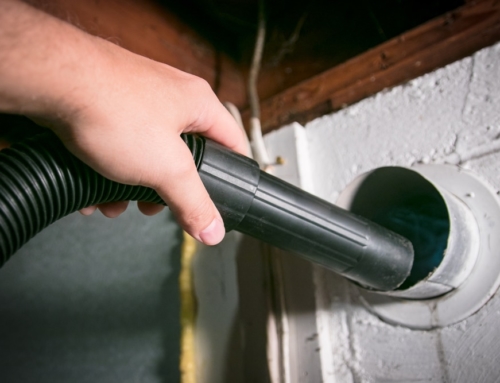Q: My husband and I bought a house a few weeks ago. We have not yet moved in.
Two days ago, we received an inspection notice from the city, which said that the seller did work on the home without permits. I went to the city building department to pull out the file and found out that somebody filed a complaint against the seller and mentioned that he had done the roof, heating system and master bathroom either without permit or with expired permits. In addition, he had done the kitchen and window without permits.
In the disclosure report the seller gave us, it says that he had the permit for the roof, heating system and master bathroom. He did mention that he did not have a permit for the kitchen work, but he never mentioned anything about the windows.
The city sent a notice to him before we closed on the house. He and the seller’s agent did not mention a word to us. If we had known, we would not have bought this house.
I just had a general contractor take a look at the work the seller did. He told me there is no way any of the work he did will pass the city code. Besides that, he found some more issues which are not in the disclosure report. The contractor told us that if we are trying to pass the city inspection, that we will need to spend upwards of $100,000 to fix everything.
Do we have a seller disclosure fraud case here to against the seller? Is there any way that we can get rid of this house? If not, is the seller responsible to cover all the expenses?
A: The first question you have to ask yourself is why you would buy a home without having it first inspected by a qualified home inspector. You are buying what may be your single biggest asset of your life and you went into it blind. The reason you have a home inspection before you are bound to a contract to buy a home is to avoid the problems you are now having.
What you should do now is hire one or two additional contractors to evaluate the home and give you estimates of what it will cost to bring the house up to code.
Once you have a better idea of the problems you are facing and the costs involved, you can hire a real estate attorney to determine whether you have a case against the seller.
Most states have seller disclosure laws that require sellers to disclose to the buyer any material defects in the home. In some cases the disclosure laws will talk about hidden defects while other laws include any type of major defect in the home, whether visible or not.
If the seller obtained permits for the work but the installation of the work was done poorly, your issue would not be with the permitting process, but with the quality of the work. If the seller did the work without permits, but the work was done properly, in some circumstances, you might be better off.
Many homeowners make additions to their homes without permits. The workmanship might be great but the home improvements might violate local zoning laws. The local municipality may have the right to force the current homeowner to demolish the offending addition even if the workmanship is great.
In your situation, you may have a strong case if: (1) the seller knew that permits were required and did not disclose the fact that he or she did not obtain a permit, or (2) if the repairs or improvements were done without the required permits and were done poorly, and the seller knows that he needed a permit and knows also that the work completed was shoddy.
Can you trust the contractor to tell you what’s really wrong and provide a true cost estimate? Some contractors have been known to inflate their costs or scare homeowners into believing that things are wrong with their house when they are not. One way to avoid this scenario is to make sure you get referrals from people and find a good contractor to evaluate your home. That’s why you should have several other contractors come in and look at your house.
You might also consider hiring a home inspector now to evaluate the condition of your home. While it may feel that you’re paying the inspector good money that you need to fix up your home, the home inspector should not have a financial interest in selling you repair work for the home and his or her advice may be valuable.
Here’s the bitter pill you have to swallow: Now that you know about these issues, you’ll have to disclose them to any future buyer. This information might affect your ability to sell the home and might affect the manner in which you market the home for resale.
Please be sure to discuss the situation with a real estate attorney in your area. Make sure you bring along a copy of all of your documents from the purchase of the home as well as copies of estimates for things that need to be fixed in the home along with pictures.






Leave A Comment